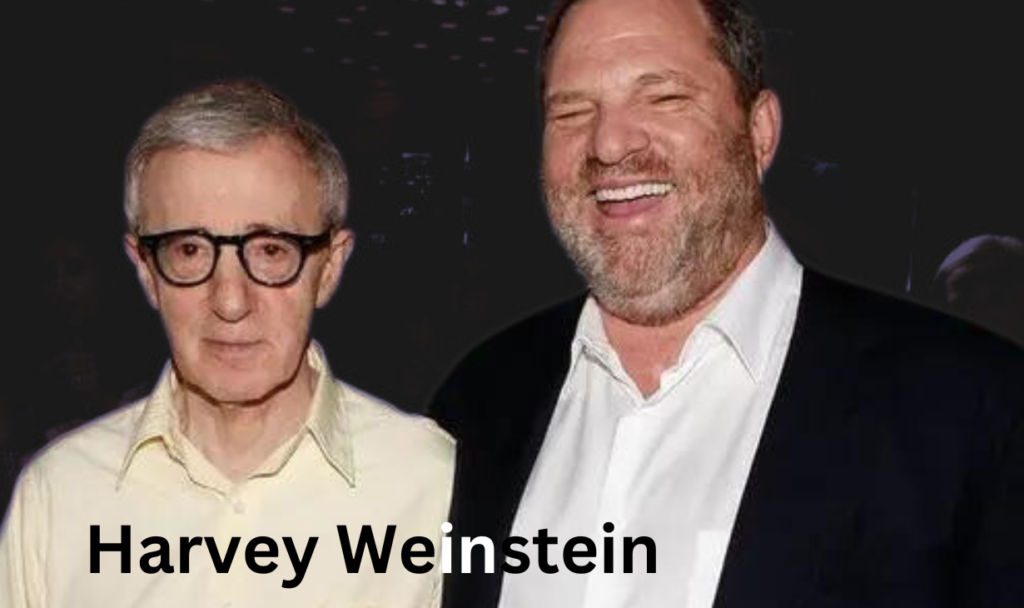In the tumultuous world of Hollywood, few stories have captured the public’s attention quite like that of Harvey Weinstein. Once a titan of the film industry, Weinstein’s career trajectory—from co-founding Miramax Films to the tumultuous downfall marked by allegations of sexual harassment and assault—is a narrative that has left an indelible mark on both the entertainment world and the broader cultural landscape.
Harvey Weinstein was born on March 19, 1952, in Flushing, Queens, New York. Alongside his brother Bob Weinstein, he embarked on a journey that would ultimately reshape the film industry. Their foray into the world of cinema began modestly, with the establishment of Miramax Films in 1979, named in honor of their parents, Miriam and Max. From these humble beginnings, the Weinstein brothers quickly made a name for themselves by acquiring and distributing films that were often unconventional and provocative.
One of Miramax’s early triumphs came in 1989 with the acquisition of “sex, lies, and videotape,” a film that would prove to be a harbinger of the company’s future success. Throughout the 1990s, Miramax flourished under Harvey Weinstein’s leadership, with acclaimed releases such as Quentin Tarantino’s “Pulp Fiction” and “Shakespeare in Love,” which earned the company its first Academy Award for Best Picture with “The English Patient.”
As Miramax expanded its reach, venturing into television and publishing, Weinstein’s reputation as a formidable Hollywood player only grew. However, success was not without its challenges. The early 2000s saw the Weinstein brothers part ways with Miramax, leading to the formation of the Weinstein Company in 2005. Despite initial successes with films like “Grindhouse” and “The Great Debaters,” Weinstein’s tenure at his eponymous company would be marred by controversy.
The turning point came with the emergence of allegations of sexual misconduct against Harvey Weinstein, sparking a reckoning that would reverberate throughout the industry. Beginning in 2017, a wave of accusers came forward, detailing harrowing accounts of harassment and assault perpetrated by Weinstein over decades. The allegations not only spelled the end of Weinstein’s career but also catalyzed the #MeToo movement, igniting a global conversation about power dynamics and abuse in the workplace.
In the ensuing years, Weinstein faced legal repercussions for his actions. In 2020, he was convicted of rape and sexual assault in New York, followed by another conviction in California in 2022. However, on April 25, 2024, a significant development rocked the headlines: Weinstein’s rape conviction in New York was overturned by the state’s top court, paving the way for a new trial.
The news reignited debates about accountability, justice, and the complexities of navigating the legal system in cases of sexual misconduct. For many, Weinstein’s overturned conviction served as a stark reminder of the challenges survivors face in seeking justice, particularly when confronting powerful figures in positions of authority.
As the saga of Harvey Weinstein continues to unfold, it serves as a cautionary tale about the perils of unchecked power and the importance of holding individuals accountable for their actions. Beyond the confines of Hollywood, Weinstein’s story has become emblematic of larger societal issues, prompting reflection and dialogue about the systemic inequalities that enable abuse to persist.
In the annals of cinematic history, Harvey Weinstein’s legacy is a complicated one, characterized by both creative triumphs and moral failings. His story serves as a stark reminder of the enduring power of storytelling, for better or for worse, to shape our collective consciousness and provoke meaningful change.



